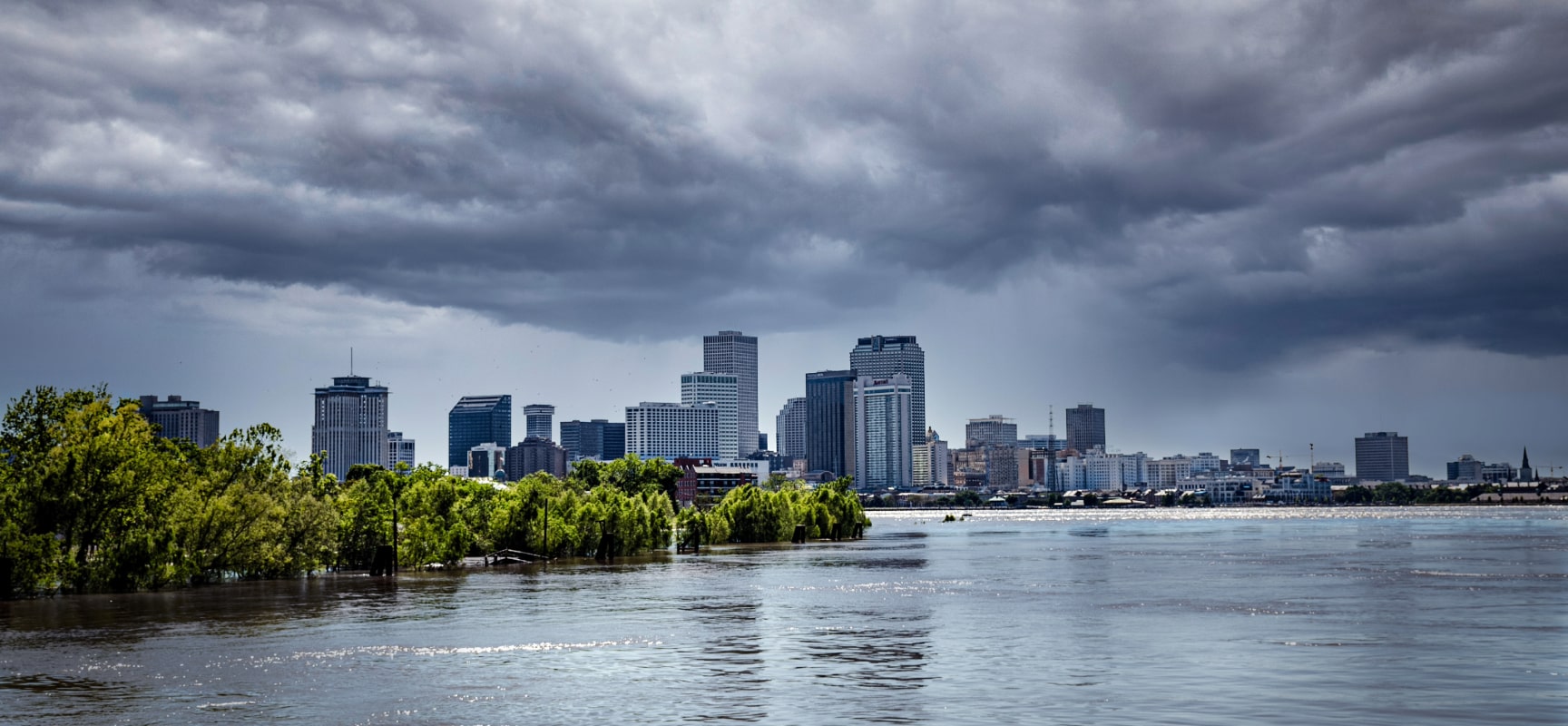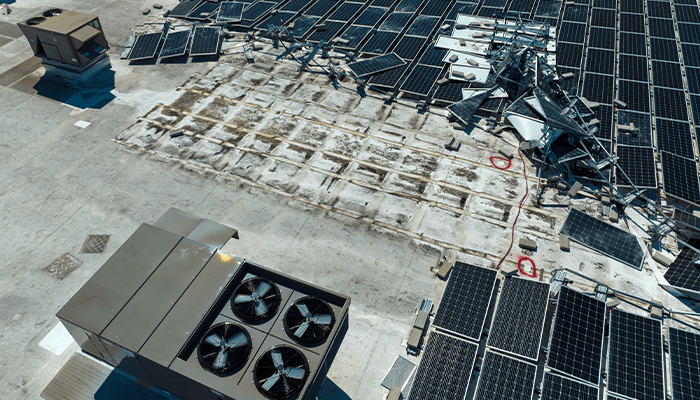
Preparing for Hurricane Season: Essential Guidelines for Home and Business Owners
Hurricane season begins May 15 in the Pacific Ocean and June 1 in the Atlantic. If your home or business is in a hurricane-prone region, don’t wait until a storm is looming to prepare. Remember that hurricane season doesn’t affect coastal areas in isolation – flooding and high winds associated with hurricanes can often impact hundreds of miles inland. Each situation is unique, and careful planning is required to prepare your home or business for hurricane season. Follow these guidelines to ensure your family, employees, and properties are safe during the storm.
Before the Storm:
Assess each site individually and think of supplies that will be needed, including food and water, medical necessities, and possibly even construction materials such as lumber, fasteners, or sand. Consider generators and alternative cooking platforms – a carbon monoxide monitor is also considered essential if these are going into service. Many families and businesses are prepared with sandbags, cover and bracing materials, tarps, and even pumps and hoses to use as a last resort. Documents and electronic data should also be secured.
The bottom line is that you need to know how to address the different exposures at the site and develop clear plans that are communicated among your group. During hurricane season, monitor the situation regularly and know how to respond based on a storm system’s severity. When an event looms on the horizon, don’t delay taking action and implement protective measures.
During the Storm:
Hopefully, you took time to prepare because, at this point, access, materials, and communications are likely inhibited to some degree. It is possible with careful planning that actions are still being taken in response, but it is also possible to become reactionary and move off the script. Determine the best course of action to protect yourself, relying on training and your best judgment.
- During high winds, seek shelter in a safe space at the building’s interior.
- If flooding occurs, climb to the highest level in the building.
- Never go into an enclosed attic where you could become trapped by rising water.
- Don’t attempt to drive through standing water, which can obscure severe damage to a roadway and easily stall and push your vehicle into deeper water.
- Wading into flood waters is extremely dangerous and should only be done if trained first responders are standing by to assist and direct the operation.
After the Storm:
When you emerge after the storm—or return to the site if you were previously evacuated inland—take careful stock of the situation and determine the best course of action. By this time, you will likely have guidance from state and local officials, so pay close attention to that.
Be prepared with protective equipment like work boots, gloves, coveralls, and respiratory protection. Never allow anyone to work alone.
Mold growth from flooding can be severe, and that sort of clean-up activity should never be performed by children, asthmatics, or immunosuppressed individuals who are at higher risk of fungal infections.
After documenting the scene thoroughly:
- Try to salvage what you can and limit further damage.
- Contact your insurance providers immediately and let them direct your response.
- Try not to tie up communication lines more than necessary, as this will likely strain the system, and emergency calls still need to get through.
AssuredPartners believes in promoting strategies that lead to long-term success, and we strive to provide specific, actionable advice to our clients. For more information on this topic or any other workplace safety and health concern, contact your designated AssuredPartners representative to access our nationwide network of risk control professionals.
Additional Resources:
National Oceanic and Atmospheric Agency (NOAA): www.noaa.gov, Federal Emergency Management Administration (FEMA): www.fema.gov,
Center for Disease Control (CDC): www.cdc.gov
Featured News & Insights

The commercial real estate insurance market is shifting, and if you’re managing risk for your properties, there’s a lot to keep an eye on. The good news? Property insurance rates are finally coming...

Proactive risk management is essential for protecting your hotel property and business reputation. From assessing your business income requirements to ensuring proper subcontractor agreements,...

Because wind and hail damage can have significant impacts on commercial buildings, you need insurance professionals who understand commercial real estate to help advise you every step of the way....